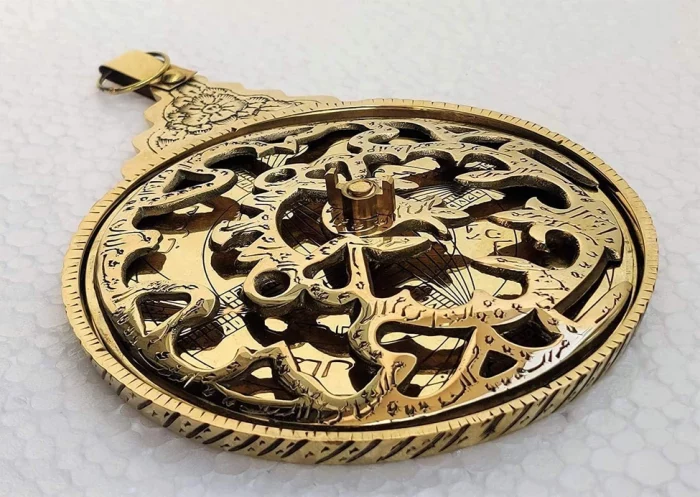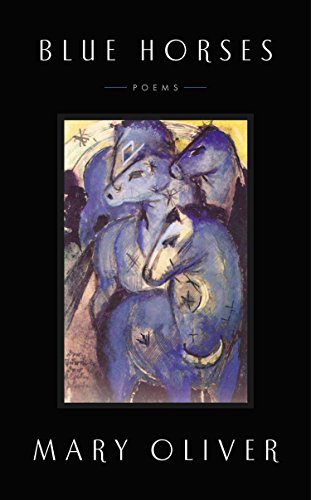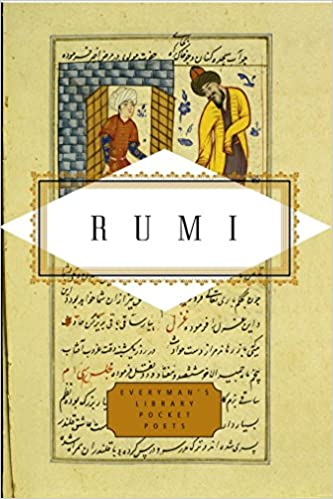Disclaimer: This is not an art blog. This is not a blog for or against any wars. This is not a politics blog.
If you haven’t read my post on Mary Oliver’s poem Franz Marc’s Blue Horses, please read that first. I was moved by Oliver’s words to the point that I had to see the blue horses of which she spoke. I found this website, FranzMarc.org, with Marc’s history and a gallery of his paintings. I began to look through his works – his horses and forest animals. But the work that moved me the most tonight is called Fighting Forms. In my opinion, it is not particularly beautiful. In fact, it’s not even the picture itself that has made such an impact on me tonight. It’s the emotions I felt looking at it. Here are Franz Marc’s Tower of Blue Horses (left)and Fighting Forms (right).
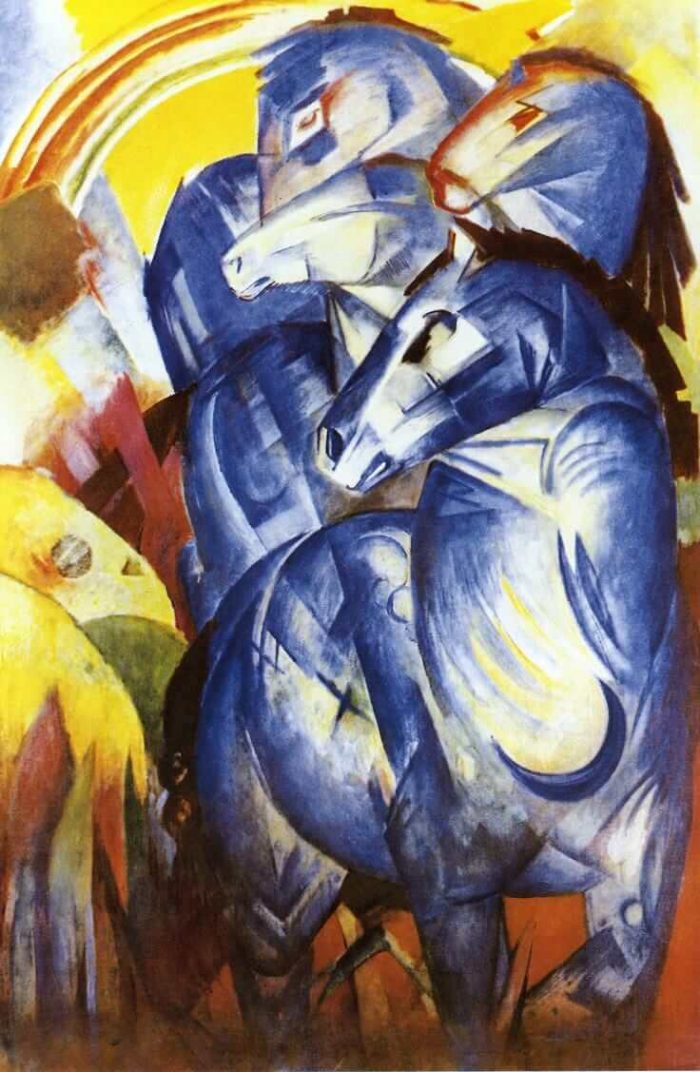
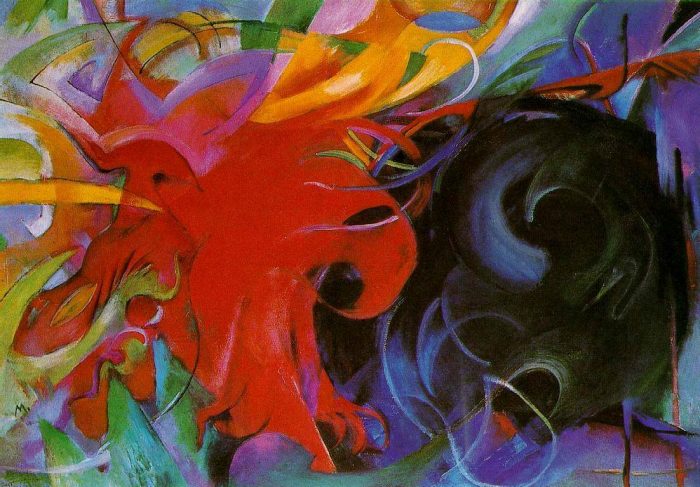
Franz Marc died March 4, 1916. He was 36. He was killed on a World War I battlefield. Franz spent his life painting the things he loved best: animals. But at the close of his life, especially after the war began, his paintings began to take less and less form. His animals were obscured by bold lines and colors, ’til there were no definable animals left in the works.
Can you see the despair in his last painting, Fighting Forms? Can you feel it? War robbed Franz Marc of love, art, and, eventually, life. When I look at Fighting Forms, I see chaos, fire, violence, hatred, and sorrow. I feel so sad for Franz Marc who would never return from the war. He would never paint animals again. He would never feel peace again. It makes me cry. It’s been a long time since a work of art moved me this deeply. No wonder Mary Oliver said, “I would rather die than try to explain to the blue horses what war is.” She also said:
“Maybe the desire to make something beautiful is the piece of God that is inside each of us.”
“Franz Marc’s Blue Horses”, Mary Oliver, in Blue Horses, 2016
Franz Marc’s is a sad story, but don’t let it end with Fighting Forms. Let it inspire you to keep making your art. Whether you write, draw, sing, play an instrument, keep doing it. Don’t let even war stop you. Marc painted in the middle of World War I. It changed the way he saw things, and the way he painted, but he still painted. Perhaps you will have the opportunity to come out of your war (literal or figurative) into peace. You will be able to use your experiences to make your art better. Today, you may only be able to paint forms, but tomorrow, you’ll be able paint horses again. I’m rooting for you.
